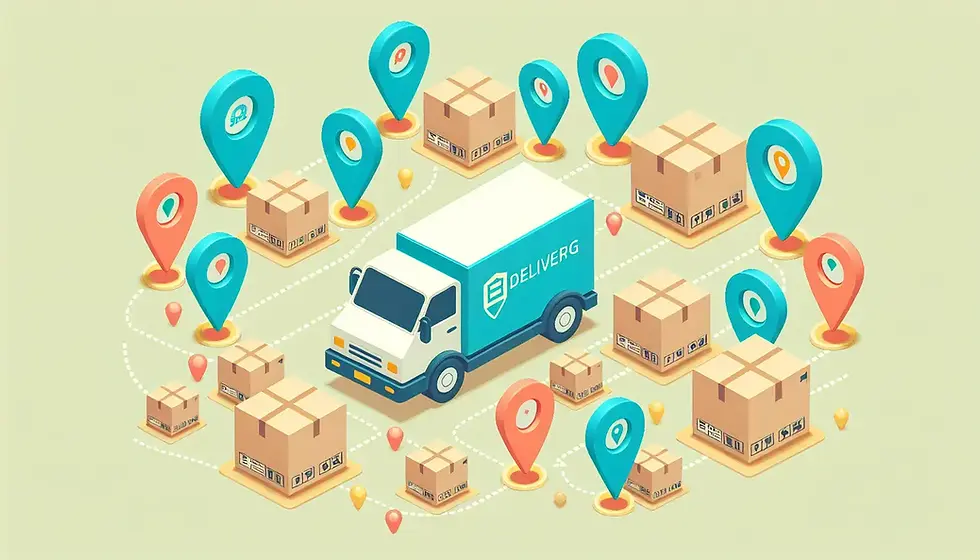What Are the Top Challenges in Retail Fulfillment and How to Overcome Them?
- Apr 24, 2025
- 2 min read
Retail fulfillment is a crucial component of the retail industry, ensuring that products reach customers efficiently and effectively. However, the process is not without its challenges. This FAQ blog explores the top challenges in retail fulfillment and offers practical solutions to overcome them.

Understanding Fulfillment Delays
Fulfillment delays can be frustrating for both retailers and customers. Identifying common causes, such as inadequate inventory management or shipping bottlenecks, is crucial to addressing this issue.
Delayed shipments often ruin the customer experience, leading to dissatisfaction and potential loss of business. It's essential to analyze your supply chain regularly, identifying any weaknesses that may lead to backups. Implementing predictive analytics can give businesses foresight into demand, supply fluctuations, and help preempt delays.
Ultimately, technology offers a helping hand in minimizing these issues. Utilizing real-time tracking, businesses can offer precise shipping estimates to consumers, keeping everyone informed and satisfied.
Managing High Order Volumes
During peak seasons or sales, managing high order volumes can strain resources. Implementing scalable systems and efficient staffing strategies can help handle increased demand smoothly.
Scalability is key; ensure your systems can handle sudden surges without crashing. Distributed order management systems can automatically reroute orders to less overwhelmed locations, smoothing the process.
A seasonal workforce can significantly alleviate the labor strain during busy times. However, onboarding should be efficient - training new recruits with a focus on speed, accuracy, and safety is paramount.
Ensuring Accurate Inventory Management
Accurate inventory management is essential to avoid stockouts and overstock situations. Using advanced inventory tracking systems can enhance accuracy and streamline operations.
Implementing RFID (Radio-frequency identification) technology can be a game-changer in inventory management by offering increased visibility and accurate tracking. It's like giving each product a digital heartbeat.
Regular audits and cycle counts can prevent mishaps. This proactive approach ensures systems stay synchronized and accurate, paving the way for smoother operations and happy customers.
Reducing Shipping Costs
Shipping costs can significantly impact profitability. Exploring cost-effective shipping options and negotiating better rates with carriers can help reduce expenses.
Many retailers are turning to partnerships with logistics experts to cut costs. By optimizing routes and consolidating shipments, carriers can often reduce total expenditures immensely.
Consider going green with your shipping methods. Not only does this appeal to environmentally-conscious consumers, but it often results in fewer miles traveled and lower costs.
Enhancing Customer Communication
Transparent and timely communication with customers regarding their order status builds trust and satisfaction. Implementing robust communication channels can ensure customers feel informed throughout the fulfillment process.
Effective customer communication begins with clear expectations. Offering up-front delivery timeframes and potential delays sets a transparent standard from the start.
Using AI-driven chatbots, retailers can provide instant updates and support, ensuring customers are always informed. This can greatly enhance the customer experience, leading to increased brand loyalty.
Wrapping Up: Tackling Retail Fulfillment Challenges
Navigating the complexities of retail fulfillment requires understanding its challenges and implementing strategic solutions. By addressing these key issues, retailers can improve their fulfillment processes, enhance customer satisfaction, and drive business success. Visit our homepage to learn more about how we can support your retail fulfillment needs.



Comments